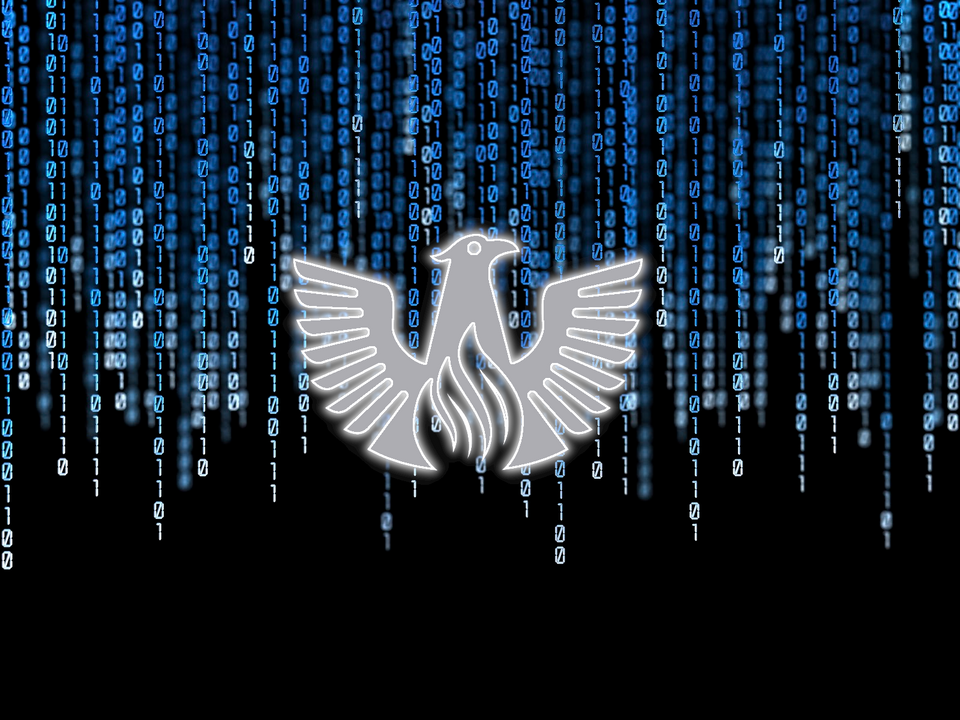Reading List (Beginner)

This list contains beginner's list into different areas of IT (mainly Cyber Security/DFIR/Networking). This is a good start to finding reference books or extra studying when starting out in the field.
In the spirit of learning, I would pose a similar reading order for the books that I have listed for those beginning the field:
- The Basics of Digital Forensics (2nd Ed): The Primer for Getting Started In Digital Forensics
- Digital Forensics and Incident Response: A practical guide to deploying digital forensics techniques in response to cyber security incidents
- Forensic Discovery
Hacking
Linux Basics for Hackers: Getting Started with Networking, Scripting, and Security in Kali
Author: OccupyTheWeb (twitter)
(No Starch)(Amazon)
Linux Basics for Hackers provides an introduction not only to hacking but to Linux itself. The first twelve chapters give direct Linux administration with how that relates to hacking or information gathering. It has great examples with screen shots and real-life information. For those starting into InfoSec, security, or Linux, this is a great book to pickup and read.
Cyber Security
Thinking Security: Stopping Next Year's Hackers
Author: Steven M. Bellovin
(Google Play) (Out Of Print)
Thinking Security provides an interesting look at security from an attacker's point-of-view in a way that really makes someone think about it. Its not a book someone unfamiliar to the Cyber Security space should read first, but a book that should be read early in a career. This will give actionable, real world information to better understand how security should be taken.
Incident Response
Digital Forensics and Incident Response: A practical guide to deploying digital forensics techniques in response to cyber security incidents
Author: Gerard Johansen
(Google Play) (Amazon)
Incident response goes hand-in-hand with digital forensics, but an investigator needs to know the differences between responding to an incident then just processing and searching the data collected. This book provides a good overview on how the incident response process works and what you should do. It provides how to apply digital forensics tools to perform incident response. Unlike Digital Forensics with Open Source Tools, the authors use a mix of command-line and graphical tools to perform analysis and gathering.
Digital Forensics
The Basics of Digital Forensics (2nd Ed): The Primer for Getting Started In Digital Forensics
Author: John Sammons
(Google Play)(Amazon)
For people starting out in Digital Forensics, this is an excellent resource for what Digital Forensics is. The book covers a wide range of topics from laws, digital artifacts, networking forensics, mobile forensics, and others. It does not go into many details other then an overview of the topics at hand. The only issue that I found with the book is some layout and spelling errors throughout the book. These were minor for me and did not cause issues understanding the information.
Forensic Discovery
Authors: Dan Famer and Wietse Venema
(PDF - free)(Amazon)
I enjoy books which use real world events and explain how to work them out instead of some pseudo-example. The authors explain the whole world of forensic discovery across a wide range of platforms. It is a bit outdated (refers to both The Coroner's Toolkit, no longer maintained, and The Sleuth Kit, successor to The Coroner's Toolkit). Also, most of the used code examples are written in Perl throughout the book.
Networking
CCNA Routing and Switching 200-125 Official Guide Library (1st Edition)
Author: Wendell Odom
(Google Play)(Amazon)
Personally, I find the Cisco press books well written and easy to follow. This set covers all of the CCNA 200-125 test topics. I find that people use these either by themselves or with the Udemy course: CCNA 2018 200-125 Video Boot Camp With Chris Bryant. Chris Bryant does plenty of labs during the video labs which show exactly how Cisco devices work.
CCNA Routing and Switching Portable Command Guide (ICND1 100-105, ICND2 200-105, and CCNA 200-125) (4th Edition)
Author: Scott Empson
(Google Play)(Amazon)
This is a very quick reference for the most common commands for CCNA certified professionals. Unlike some other pocket references on this list, this does provide some explanations with more found in the CCNA Routing and Switching 200-125 Official Guide Library (1st Edition). Great resource to have when trying to remember basic switch commands and information.

